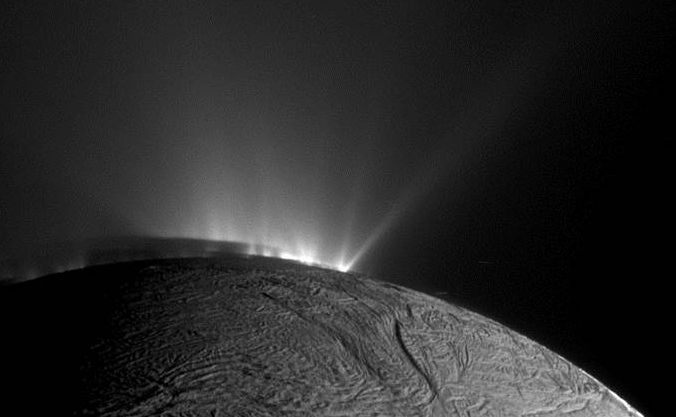When a massive saltwater ocean was found hidden beneath the icy crust of Saturn’s moon Enceladus back in 2015, astronomers were cautiously optimistic that this watery world could have just the right conditions to host life. Now, thanks to a new study, Enceladus’ stock has gone up — way up.
Using data from a dead spacecraft, an international team of astronomers has for the first time discovered complex organic (carbon-containing) molecules — the building blocks of life — spewing from Enceladus. The new finding, described in a paper published online June 27 in the journal Nature, makes the small icy moon the most promising place beyond Earth to find life in the solar system.
“Enceladus’ subsurface ocean is a habitable place. The big question is if it is inhabited,” Frank Postberg, a planetary scientist at the University of Heidelberg in Germany and the study’s lead author, told NBC News MACH in an email.










Comments are closed.